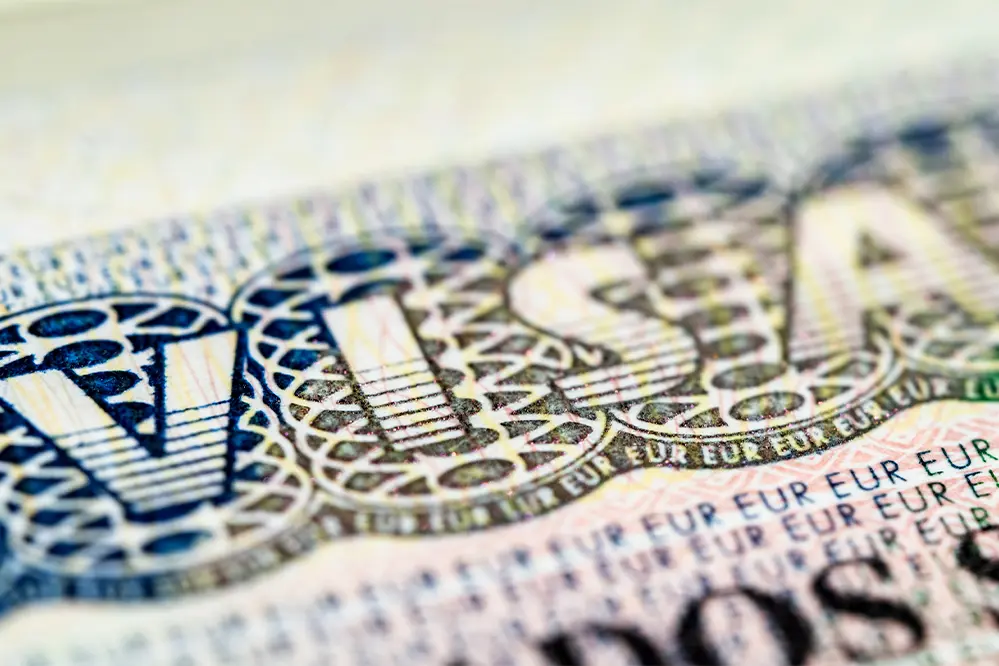Are you planning to Purchase a property in Portugal from abroad in 2024? Here’s a comprehensive guide tailored to international buyers to help navigate the process seamlessly:
1. Define Your Budget and Preferences:
Start by setting a clear budget and outlining your property preferences—location, type, and amenities. This will streamline your search and save time. Lisbon, Porto and Algarve are the most popular regions, but inside these big regions you can also find lovely small towns to explore.
2. Engage a Local Real Estate Agent and a personal Lawyer:
Make sure to establish a partnership with a trusted local real estate agent and a lawyer specializing in assisting international clients. Their expertise in local regulations and the property market is invaluable. Beside that, it can be a huge save of money and time, some of the lawyers, for example, do all the bureaucracy work for you, including the signature of the CPCV and the deed, without the necessity of a lot of travels to Portugal just to sign the papers.
3. Obtain a Portuguese Tax Number (NIF):
Prior to buying property, securing a Portuguese tax number (NIF) is essential. This identification number is a prerequisite for property transactions and can be obtained through the local tax office or with legal assistance.
4. Explore Financing Options:
Consider your financing avenues. International buyers can apply for a mortgage in Portugal, but requirements may vary. Consulting financial institutions for tailored options is advisable. For this and other money transactions, you must open a Portuguese bank account.
5. Conduct Thorough Property Due Diligence:
Before finalizing a purchase, conduct a meticulous due diligence. Verify property titles, land registry details, planning permissions, and any existing debts or encumbrances. You can also contract an engineer inspection to ensure the integrity of your new home.
6. Sign the Promissory Contract (Contrato Promessa de Compra e Venda):
Upon selecting a property, a promissory contract is typically signed, outlining sale terms and conditions. In this agreement it will also established the value of the first payment, the signal. Ensure your legal representative reviews and approves this contract before signing.
7. Transfer of Ownership and Final Deed (Escritura):
The final step involves signing the deed of purchase (escritura) at a notary’s office. This legalizes the transfer of ownership. Ensure all necessary documentation is in order prior to this step. You can also grant a POA for a trust lawyer to sign the deed in your behalf, without the necessity of being in Portugal.
8. Account for Associated Costs and Taxes:
Be prepared for additional expenses such as property transfer tax (IMT), stamp duty, notary and registration fees, and legal charges. Budgeting for these costs is crucial in your overall purchase planning.
Conclusion:
Purchasing a house in Portugal as an international buyer requires meticulous planning, adherence to legal procedures, and financial preparation. Collaborating with seasoned professionals, understanding local laws, and conducting extensive research will streamline the process and ensure a secure transaction.



